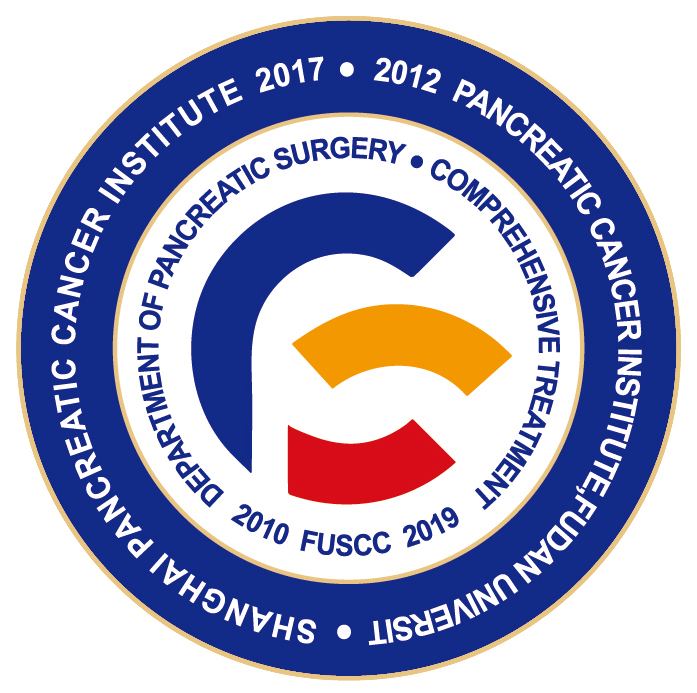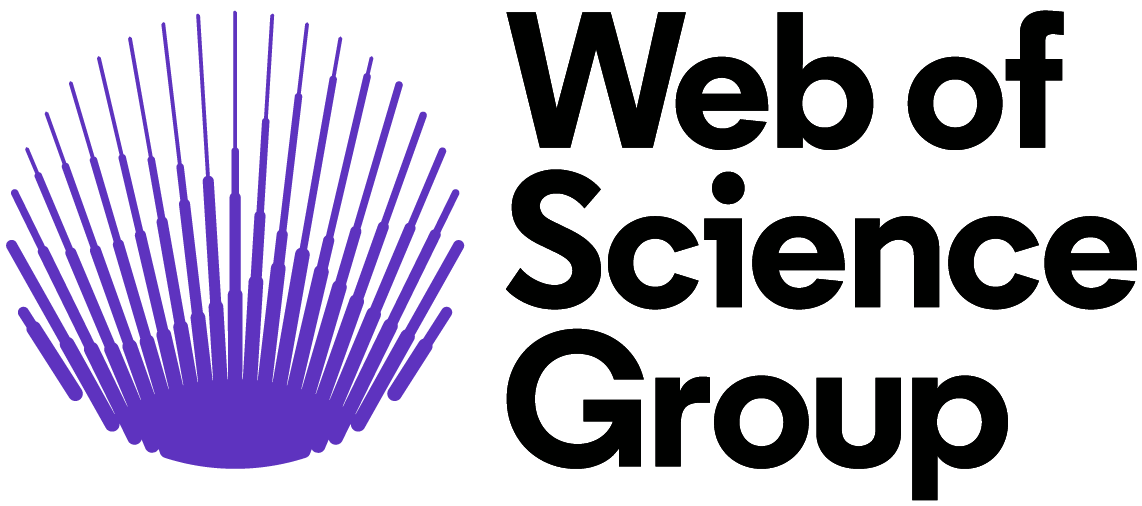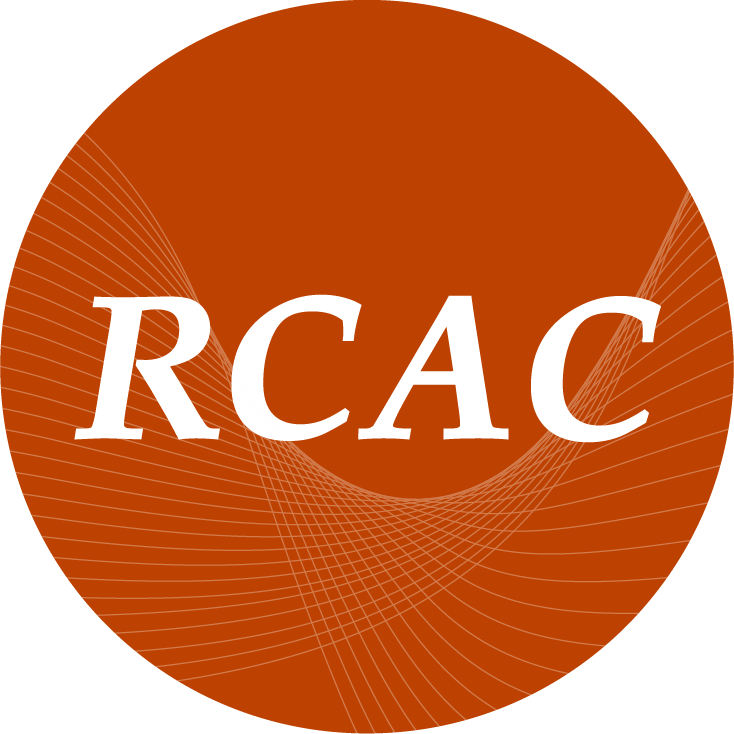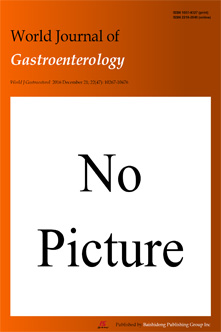I have been working mainly in the field of chemokine biology since 1988. In the early 1990’s, I revealed that IL-8 gene transcription can proceed by cooperation of a transcription factor, NF-kB, with another types of transcription factors, AP-1 or NF-IL6. In the 1990’s, I revealed the crucial roles of IL-8/CXCL-8 and monocyte chemoattractant protein/CCL2 in neutrophil-mediated acute inflammation and macrophage-mediated chronic inflammation by using different animal models. Since 2000, I have been engaged in research to elucidate the roles of tumor necrosis factor (TNF)-a and chemokines in tumor development and progression. I have revealed that TNF-a and a chemokine, CCL2, is crucially involved in experimental hepatic metastasis of a murine colon cancer cell line (Cancer Res 2002; Int J Cancer 2006). I have revealed that TNF-a and a chemokine, CCL2, have an indispensable role in chronic colitis-associated colon carcinogenesis, by inducing COX-2-expressing macrophage infiltration and activation (J Clin Invest 2008; Cancer Res 2009). Moreover, I proved that another chemokine, CCL3, was indispensable for colon cancer development and progression by inducing fibroblast accumulation and activation (Int J Cancer 2014) and that an inhibitor against CCR5, a specific receptor for CCL3, could reduce tumor formation arising from intracecal injection of colon cancer cell lines (Oncotarget 2016). Simultaneously, we provided evidence to indicate that CCL3 can contribute to anti-tumor activities by radiofrequency ablation or a large-dose of cyclophosphamide treatment against the tumor arising from the injection of a murine hepatocellular cancer cell line (Cancer Res 2010; Cancer Lett 2015).















